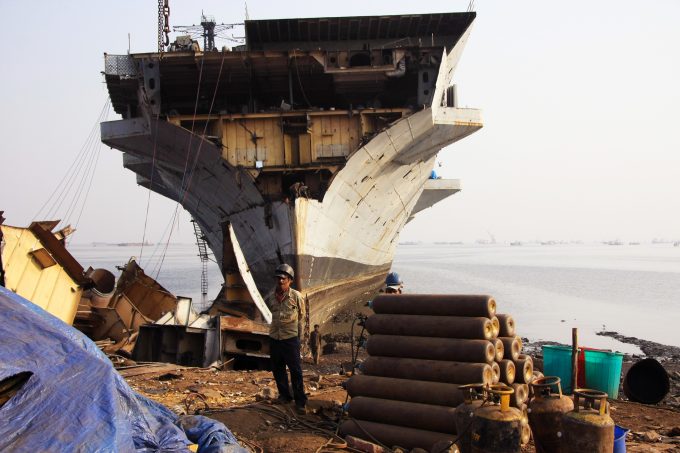Tighter EU import requirements proving 'a challenge' for forwarders
“Stricter Customs regulations” from the EU’s ICS2 will see “stricter enforcement”, Hapag-Lloyd has warned, and ...

The introduction of ship recycling licences for all vessels calling at EU ports has been rejected by the trade association representing some 80% of the world’s merchant fleet.
The proposal was aired in the conclusion of a study undertaken on behalf of the European Commission and would compel all ships calling at EU ports, regardless of flag, to purchase a recycling licence.
There are concerns that shipowners are re-flagging vessels to a non-EU “flag of convenience” and are thus not subject to EU rules on ship breaking.
However, the London-headquartered International ...
Asia-USEC shippers to lose 42% capacity in a surge of blanked sailings
Why ROI is driving a shift to smart reefer containers
USTR fees will lead to 'complete destabilisation' of container shipping alliances
New USTR port fees threaten shipping and global supply chains, says Cosco
Outlook for container shipping 'more uncertain now than at the onset of Covid'
Transpac container service closures mount
DHL Express suspends non-de minimis B2C parcels to US consumers

Comment on this article